Without a good transportation network, employees can’t work, employers can’t employ
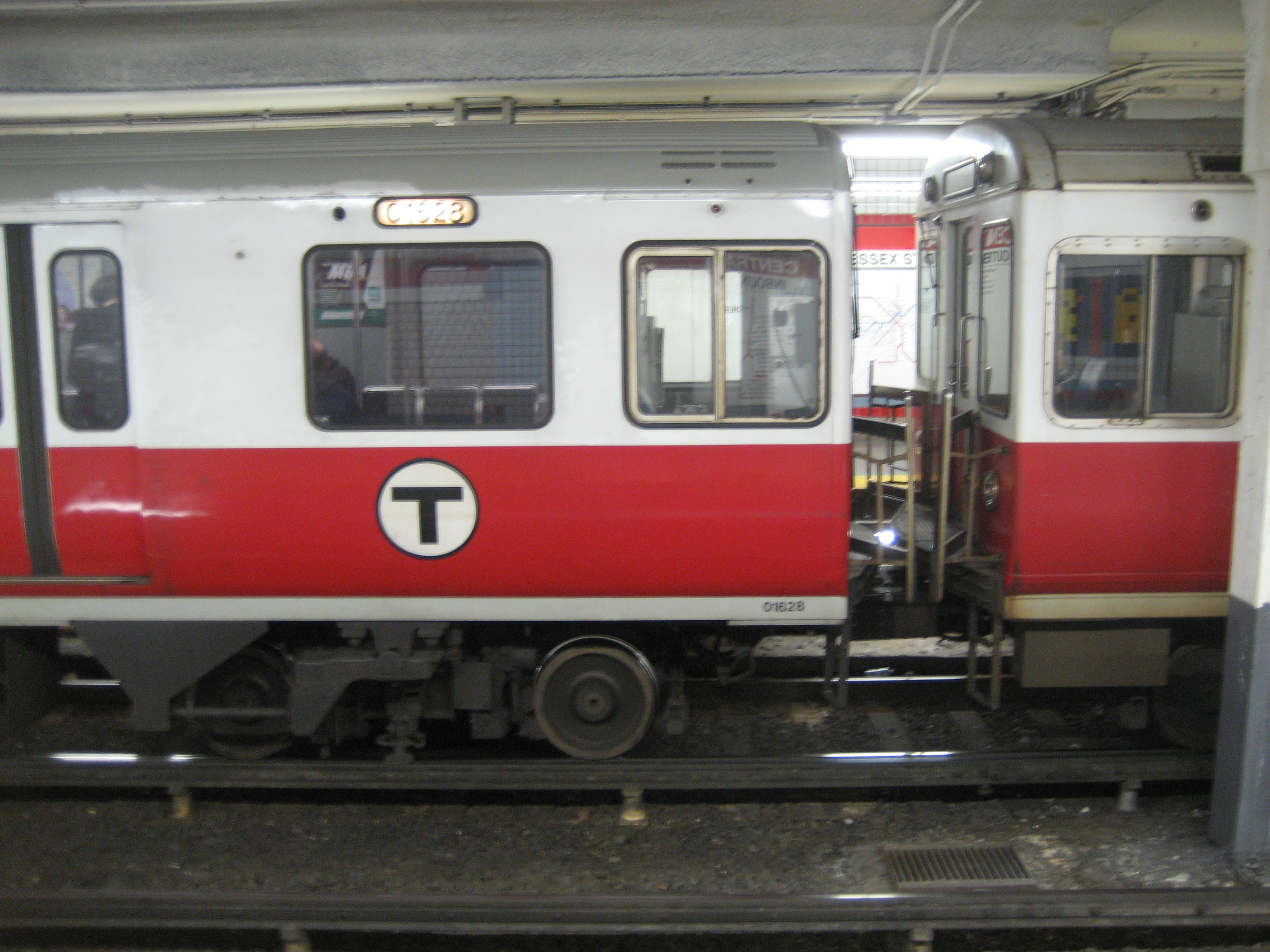
A core function of our transportation network is to give everyone access to economic opportunity by making sure they’re easily connected to jobs. T4America director James Corless is participating in a policy roundtable later this week discussing the challenge for employers and employees alike, how some companies are responding, and how we can do better.
How MPOs can save money and improve safety by adopting complete streets policies

As we continue to unpack the helpful material contained in our Innovative MPO guidebook, our fifth webinar in the series coming up on December 3rd will take a closer look at how metropolitan areas (MPOs) can actually reduce costs and improve safety for their residents by adopting complete streets policies and using those policies to help select projects.
With conference underway, how do the House and Senate bills stack up?
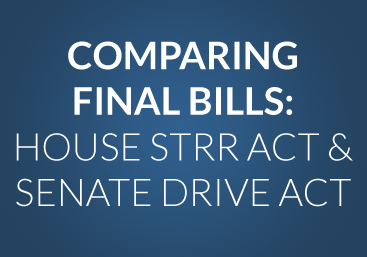
While the multi-year transportation bills passed by the House last week and the Senate back in July are fairly similar, there are still some notable differences between the two. With the conference committee getting underway to reconcile the bills, it’s worth looking at the similarities and differences.
USDOT proposes to remove restrictive design guidelines that make safer streets more difficult to build

The Federal Highway Administration (FHWA) took an encouraging and surprising step, proposing to ease federally-mandated design standards on many roads, making it dramatically easier for cities and communities of all sizes to design and build complete streets that are safer for everyone.
Where did the additional billions in new revenue come from for the House transportation bill?
In the early morning hours on Thursday during negotiations over the House transportation bill, Rep. Neugebauer presented a fairly surprising amendment that tapped billions from a to-date unmentioned Federal Reserve surplus account to help cover the cost of the bill.
House transportation bill uses tomorrow’s revenues to pay for yesterday’s policies

Following final consideration of the Surface Transportation Reauthorization and Reform Act (STRR) Act by the full House of Representatives, Transportation for America chairman John Robert Smith offered this statement:
While Congress punts on sustainable funding, local communities approve a slew of new transportation taxes on election day

In a striking contrast to the actions of Congress when it comes to transportation funding, a handful of local jurisdictions went to the ballot this week and approved new taxes for transportation investments.
Amendments to the House transportation bill we’re tracking
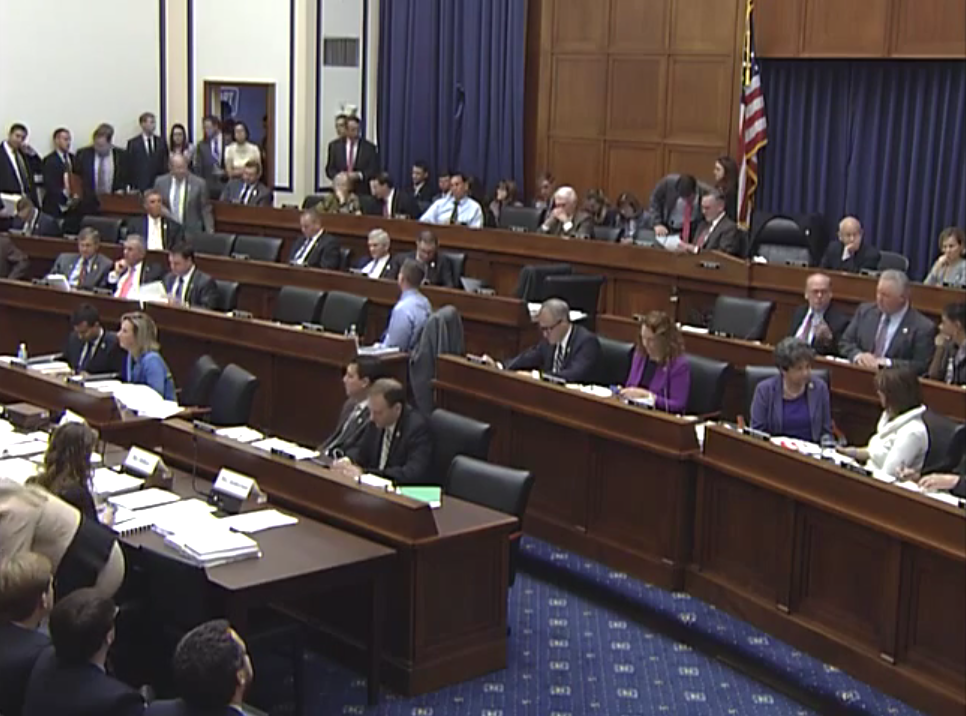
The Rules Committee is considering which amendments to the House transportation bill to send to the full House, which will begin debating and voting on them over the course of this week. We’ll be tracking a handful of these amendments closely and you can find out more about each of them right here.
An amendment to improve the House transportation bill and support greater local control
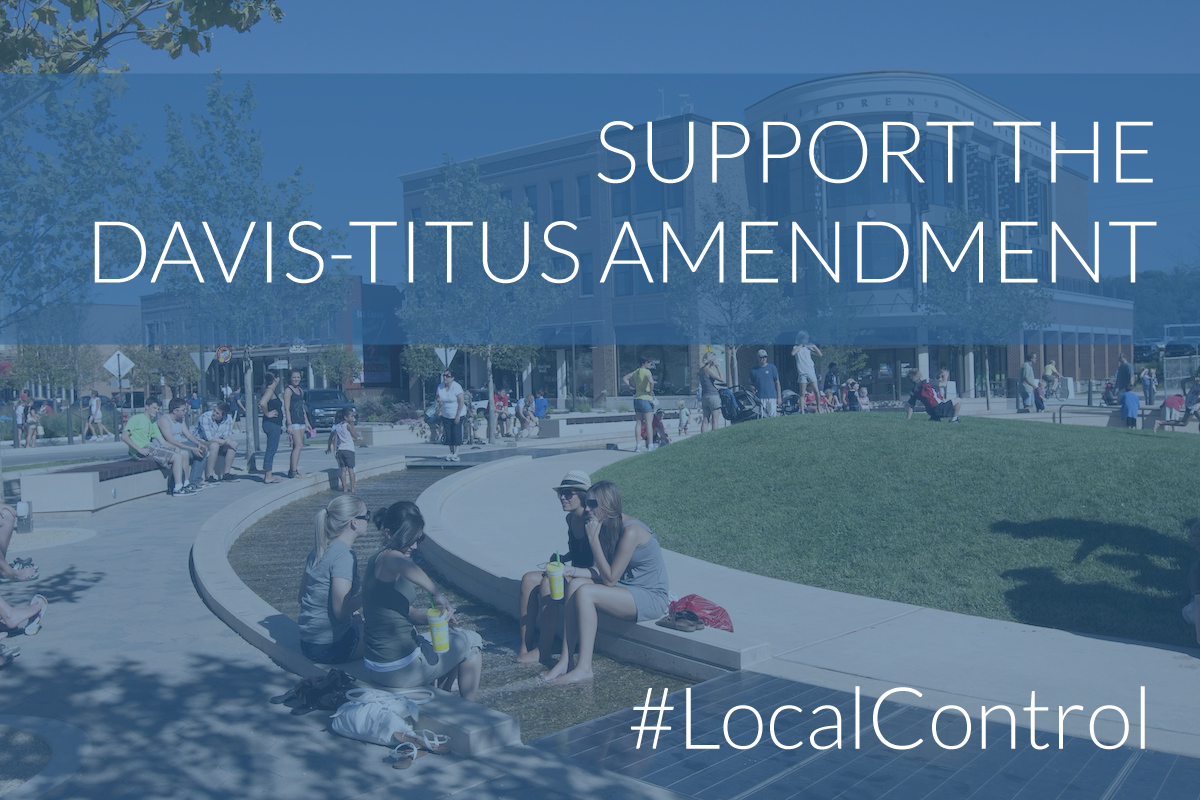
The House transportation bill that’s beginning debate on the floor this afternoon is a major missed opportunity for giving cities, towns and local communities of all sizes greater access and control over federal transportation dollars. But there’s still a chance for the House to include an amendment to fix that, but it needs more support to move forward.
Updated – Ten things to know about the House transportation bill
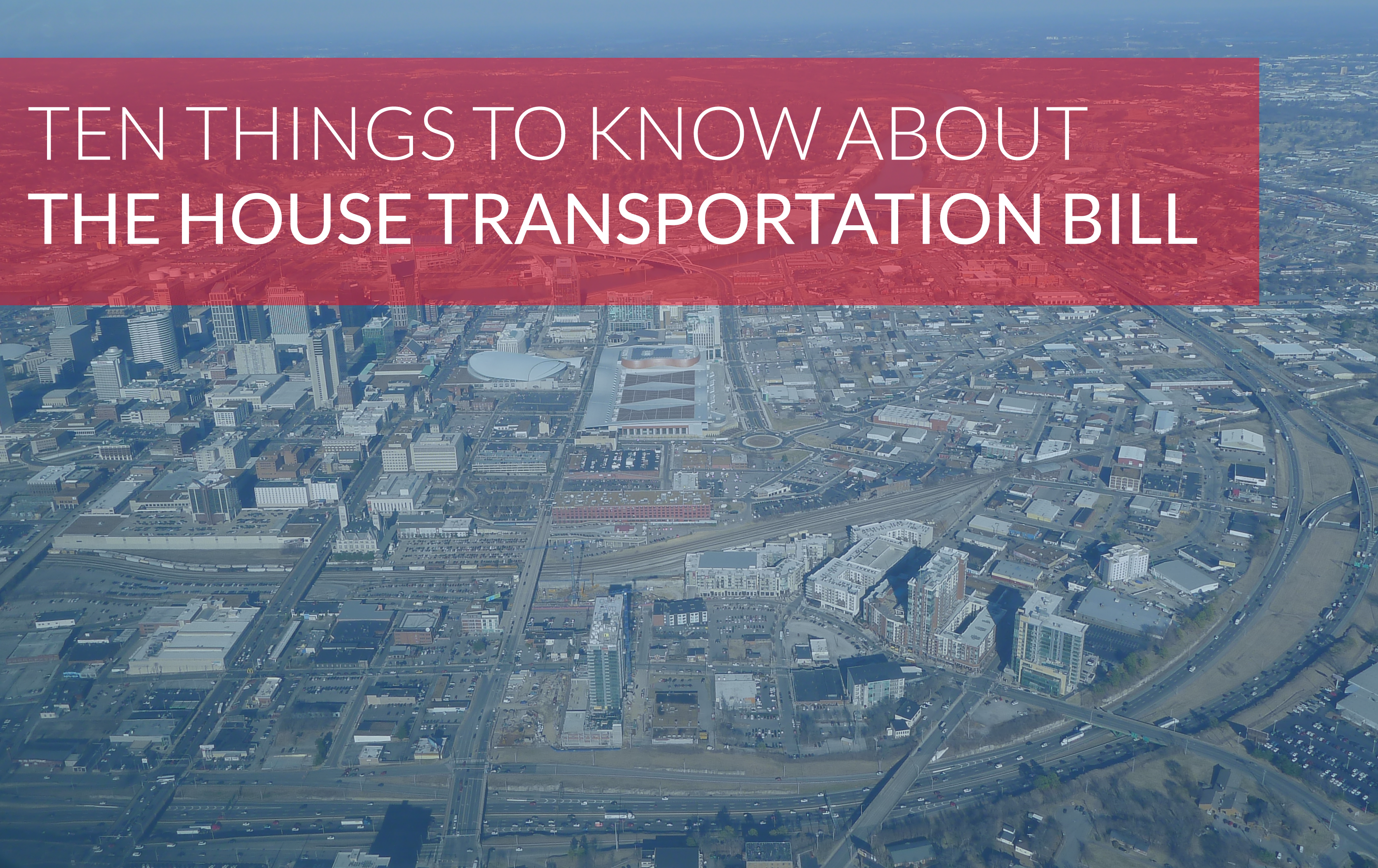
The House Transportation and Infrastructure (T&I) Committee debated and approved their multi-year transportation reauthorization proposal last week. Next step is consideration on the House floor and then, if approved, conferenced (merged through negotiations) with the Senate, which passed their multi-year DRIVE Act back in July. Here are ten things you need to know about what’s in (or not in) the House bill which is expected to be considered on the House floor early next week.
Seattle making smart decisions today to continue their city’s renaissance tomorrow
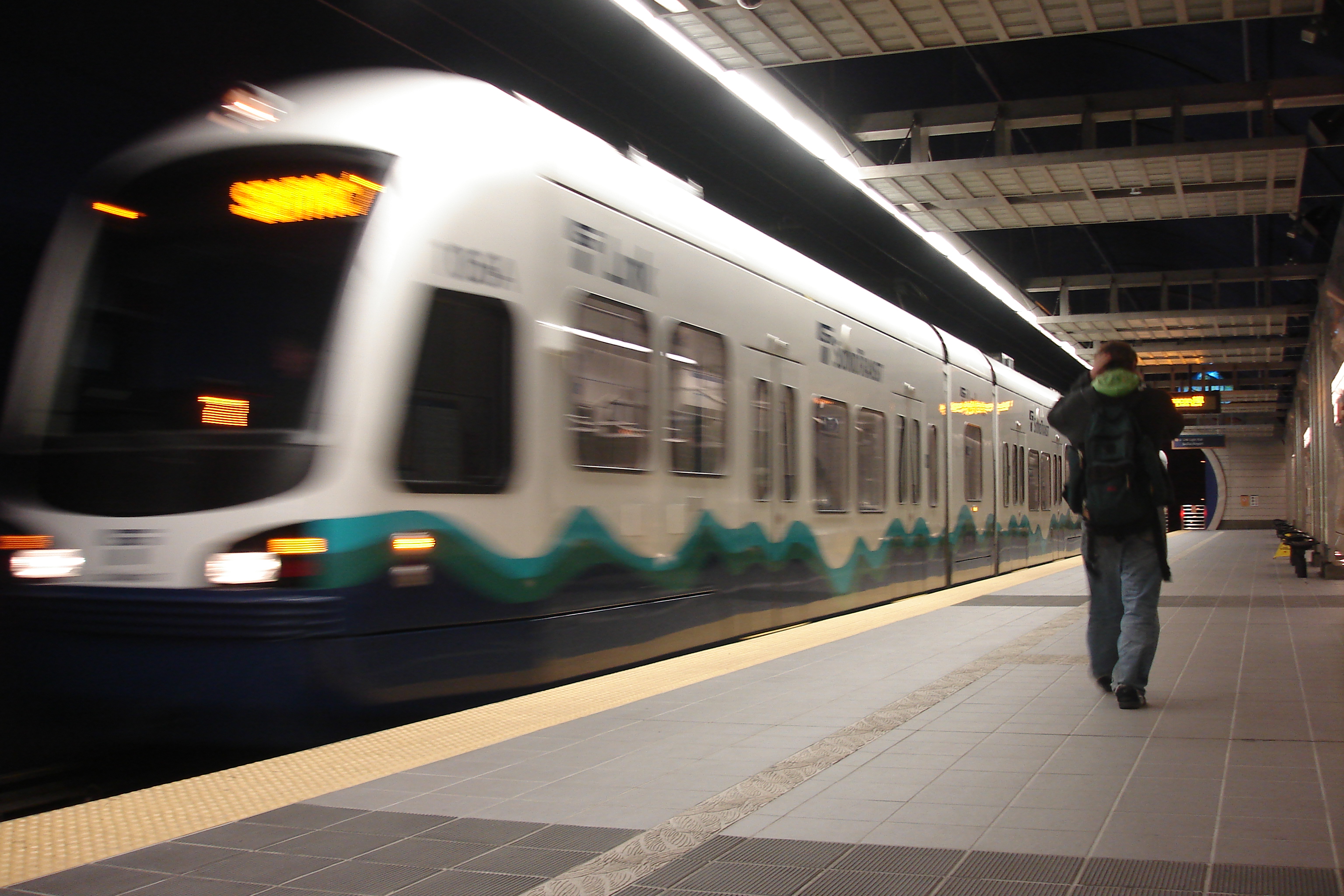
Downtown Seattle has become the hot place in the region for companies to locate as employment and growth has accelerated to new highs over the last decade, but limited space downtown could stymie job growth and economic potential if Seattle doesn’t think differently about transportation.
House transportation bill is a missed opportunity
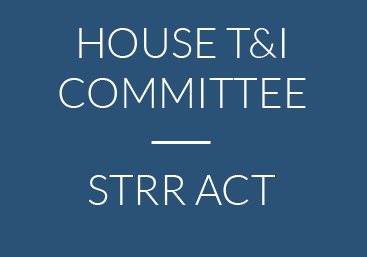
Washington DC — Following the House Transportation and Infrastructure Committee markup of their Surface Transportation Reauthorization and Reform Act (STRR) Act, Transportation for America director James Corless offered this statement:
Ten amendments worth watching closely during today’s House markup

The House is beginning markup of their transportation reauthorization proposal right now (10 a.m. EDT) and we have the lowdown on ten eleven amendments worth keeping your eyes on out of the more than 160 that were filed.
The details on the Davis-Titus amendment to the House transportation bill to increase the funding going to local communities

Two Representatives championing the cause of giving local communities more control over their transportation dollars have introduced a modified plan in the House to steer more federal transportation dollars directly to local communities — a plan they hope to have incorporated into the House’s draft transportation bill being marked up in committee this Thursday.
Announcing a new academy for local leaders who want to dig in on performance measures for transportation
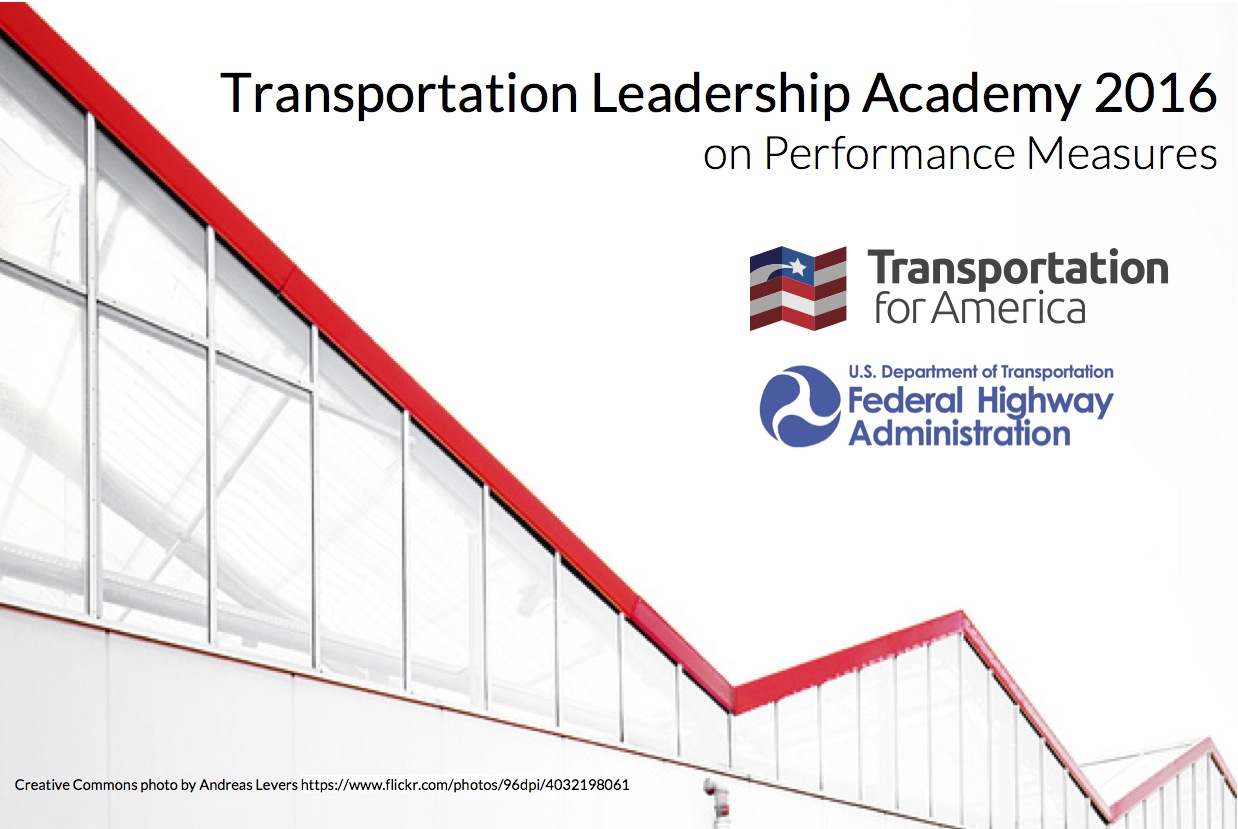
In partnership with the Federal Highway Administration (FHWA),T4America is announcing a new yearlong training academy for metro regions hoping to learn more about (and start using) the emerging practice of performance measurement, and applications are open now.
Update: North Carolina legislature adjourns without addressing political meddling in transportation selection process

The NC legislature adjourned their session without fixing a damaging cap on state funds intended for a Triangle area light rail project. Their widely decried actions circumvented a new bipartisan state process for evaluating transportation projects on the merits and awarding state funds to the best projects, intended to be free from political meddling.
Local communities in Utah and beyond will decide their transportation funding fate this November

As November approaches, voters in a majority of Utah’s counties will be weighing a decision to approve a .25-cent increase in their counties’ sales tax to fund transportation projects in those counties. This is just one of many notable ballot measures for transportation on the horizon for this fall and next year.
Providing a roadmap for starting passenger rail service between New Orleans and Baton Rouge

New Orleans and Baton Rouge are the two biggest cities in Louisiana, but they lack a passenger rail connection of any kind. On Monday, The Southern Rail Commission released this document, authored by Transportation for America’s Beth Osborne, that provides the Louisiana governor and legislature with a how-to guide for starting daily passenger rail service between the two cities.
Politicians meddling with North Carolina’s shift to a merit-based process for choosing transportation projects

Just two years after instituting a new process to choose transportation projects based on merit and award funds in a more transparent process intended to be free of political interference, a handful of North Carolina legislators reinserted politics back into the process in an attempt to stop a light rail project in the Raleigh-Durham metro area.
City leaders from Indy, Raleigh and Nashville get inspired by the secrets to Denver’s transit success

Delegations of city leaders from Nashville, Raleigh and Indianapolis wrapped up the latest two-day Transportation Innovation Academy workshop in Denver last week, where they learned firsthand about the years of hard work that went into Denver’s economic development plan to vastly expand the city’s transportation options, including new buses, light rail and commuter rail.



















